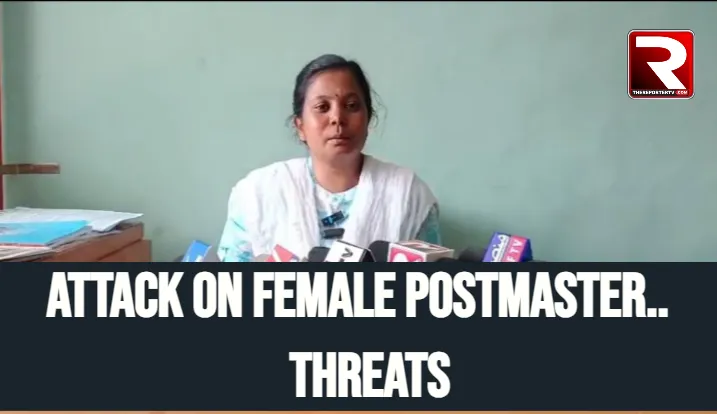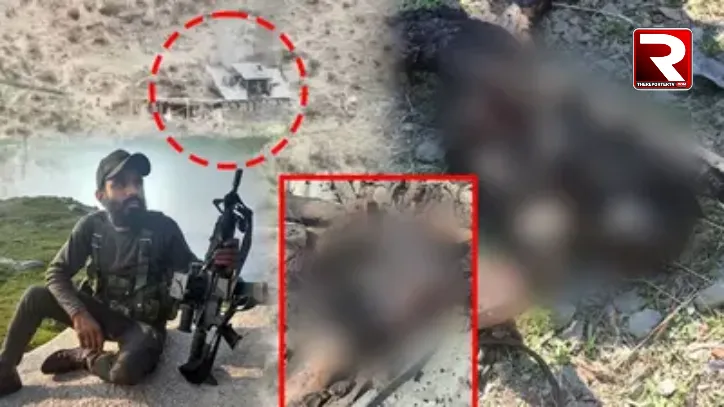Gaza/West Jerusalem – Israel’s military announced Saturday that it is advancing preparations to implement the first phase of U.S. President Donald Trump’s plan to end the war in Gaza and secure the release of all remaining hostages — a significant shift after nearly two years of unrelenting conflict.
The Israeli army said it had been directed by political leadership to “advance readiness” for the plan’s execution. While no troops have been withdrawn from the Gaza Strip, a senior Israeli official confirmed to the Associated Press that forces have moved to a defensive posture and that active offensive operations have been paused.
The announcement follows a statement from Hamas late Friday accepting parts of Trump’s proposal and signaling openness to continued negotiations. In response, Trump publicly urged Israel to halt its bombardment, tweeting, “I believe they are ready for a lasting PEACE.”
The plan, unveiled earlier this week, seeks to end hostilities, secure the release of the remaining 48 hostages — including about 20 believed to be alive — and lay the groundwork for Gaza’s reconstruction and political transition.
Pressure Mounts for a Deal
Israeli Prime Minister Benjamin Netanyahu’s office confirmed Friday that Israel is “committed to ending the war” but avoided directly commenting on areas of disagreement with Hamas. An Israeli official, speaking on condition of anonymity, said Netanyahu’s decision to begin preparing for the Trump plan was heavily influenced by pressure from the White House.
A negotiating team is reportedly being assembled to engage in the next round of talks, though no official timeline has been disclosed. A senior Egyptian official said discussions are ongoing over a framework that includes the release of hostages and the freeing of hundreds of Palestinian prisoners. Arab mediators are also working to convene intra-Palestinian talks on the political future of Gaza.
In a notable shift, the Palestinian Islamic Jihad — the second-most powerful militant group in Gaza — said Saturday it supports Hamas’ response to Trump’s proposal, despite rejecting it just days earlier.
A Complex and Fragile Path Forward
Despite diplomatic progress, key components of the plan remain uncertain. Under the proposal, Hamas would disarm and relinquish political control in Gaza in exchange for a full ceasefire, a phased Israeli withdrawal, the release of Palestinian detainees, and a massive humanitarian and reconstruction effort.
While Hamas has signaled willingness to release the hostages and step aside politically, its statement did not address disarmament — a cornerstone of Israel’s demands and a sticking point for any future agreement.
Amir Avivi, a retired Israeli general, told Israeli media that the pause in military operations could be tactical. “We can afford a few days of calm to get our people back,” he said, “but if Hamas refuses to disarm, we’ll be back in Gaza City.”
Security analysts remain skeptical about Hamas’ intentions. Oded Ailam of the Jerusalem Center for Security and Foreign Affairs called the group’s response “a rhetorical shift, not a strategic one.” He warned that “the appearance of flexibility may be masking old positions repackaged for international consumption.”
Gaza’s Humanitarian Catastrophe Continues
Meanwhile, the humanitarian crisis in Gaza worsens. Israel’s military continues to warn civilians not to return to Gaza City, calling it a “dangerous combat zone,” despite its current defensive stance.
The city, already in famine according to international experts, has seen an exodus of nearly 400,000 people in recent weeks, with hundreds of thousands still trapped amid the ruins.
For many Palestinians, the implications of the Trump plan are unclear. With Hamas’ full stance still in flux and no firm timeline for implementation, civilians remain in limbo — caught between diplomatic maneuvering and the daily struggle for survival.
Hostage Families Cautiously Optimistic
Families of the hostages are wary but hopeful. “We’re putting our trust in Trump, because he’s the only one who’s doing it,” said Yehuda Cohen, whose son Nimrod is believed to be held in Gaza. “But this can still fall apart. Hamas could change its mind. Bibi could. Trump could walk away. We’ve seen it all before.”
Cohen added, “Still, if there’s a chance, we want to believe. Just this once, we want to believe it could end.”
As the second anniversary of the October 7, 2023, Hamas attacks approaches, the stakes are high for all parties — and the clock is ticking.












